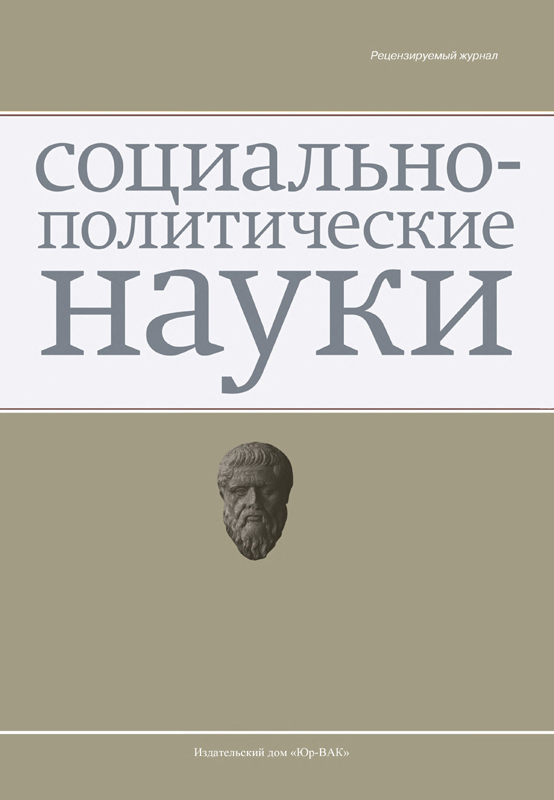Transformation of the political regime in Kazakhstan
- Autores: Okumbekov R.S.1
-
Afiliações:
- Financial University under the Government of the Russian Federation
- Edição: Volume 12, Nº 2 (2022)
- Páginas: 27-32
- Seção: Articles
- URL: https://journals.eco-vector.com/2223-0092/article/view/535734
- DOI: https://doi.org/10.33693/2223-0092-2022-12-2-27-32
- ID: 535734
Citar
Texto integral
Resumo
The purpose of the article is to study the topic problem of the power political transit. The main components of the neopatrimonial regime are highlighted, the analysis of some legislative acts and initiatives of the President, as well as the Dossier on the draft Constitutional Law of the Republic of Kazakhstan “On introducing amendments and additions to some constitutional laws of the Republic of Kazakhstan”. As a result of which, by comparing the main components of the neopatrimonial regime on the one hand, and the legislative initiatives of the President on the other hand, the basis for the rejection of neopatrimonial practices in Kazakhstan was revealed. The conditions for the transformation of its post-crisis democratic development are formulated and substantiated. This article is a continuation of the previous research devoted to the analysis of political transformations in the transitional period of the Republic of Kazakhstan (Voprosy politologii. 2022. Vol. 12. № 2 (78)), in which, within the framework of the transformation theory of political regimes the process of neopatrimonial regime transition to democracy is considered.
Texto integral
Sobre autores
Rinat Okumbekov
Financial University under the Government of the Russian Federation
Email: rokumbekov@fa.ru
2st year postgraduate student at the Department of Political Science of the Faculty of Social Sciences and Mass Communication Moscow, Russian Federation
Bibliografia
- Bach D.C. Patrimonialism and neopatrimonialism: Comparative trajectories and readings // Commonwealth & Comparative Politics. 2011. Vol. 49. No. 3. Pp. 275-294.
- Bratton M., Van De Walle N. Neopatrimonial regimes and political transitions in Africa // World Politics. 1994. Vol. 46. No. 4. Pp. 453-489.
- Dahl R.A. A preface to democratic theory. Chicago: University of Chicago Press, 1956. P. 155.
- Okumbekov R.S. The main features of neopatrimonialism and ways of further development in the Republic of Kazakhstan. Voprosy politologii. 2022. Vol. 12. No. 2 (78). Pp. 581-589. (In Rus.) doi: 10.35775/PSI.2022.78.2.024.
- Samson I. Comments on “Strategy-2020” and materials for discussion. Consolidated Report on the Work of International Experts on Topical Issues of Socio-economic Strategy of Russia for the Period up to 2020. Moscow: RANEPA, 2012. Pp. 450-569.
- Snyder R. Explaining transitions from neopatrimonial dictatorships // Comparative Politics. 1992. Vol. 24. No. 4. Pp. 379-399.
- Huntington S. The Third Wave. Democratization at the end of XX century. Transl. from English. Moscow: The Russian Political Encyclopedia (ROSSPEN), 2003. P. 368. ISBN: 5-8243-391-6.
- Eisenstadt S.N. Traditional patrimonialism and modern neopatrimonialism. Sage Publications (CA), 1973. Vol. 1. 96 p.
- Médard J.-F. “L’État néo-patrimonial en Afrique noire”, in États d’Afrique noire : Formation, mécanisme et crise. Paris : Karthala, 1991. Pp. 336-350.
- Bratton M., Van De Walle N. Democratic experiments in Africa: Regime transitions in comparative perspective. Cambridge: Cambridge University Press, 1997. Pp. 63-68.
Arquivos suplementares









